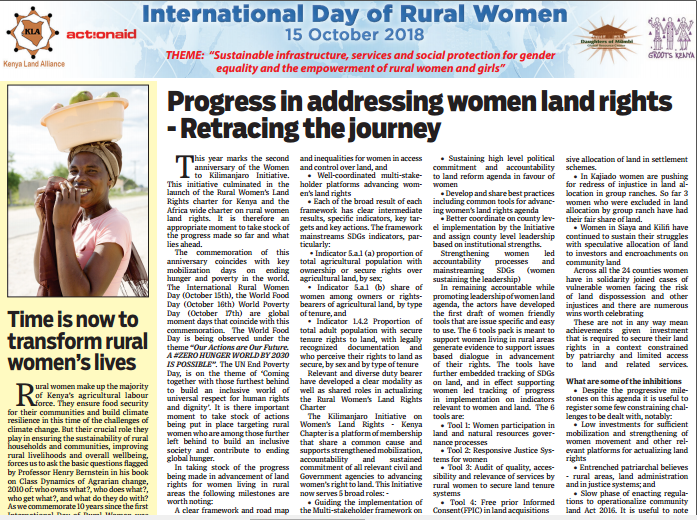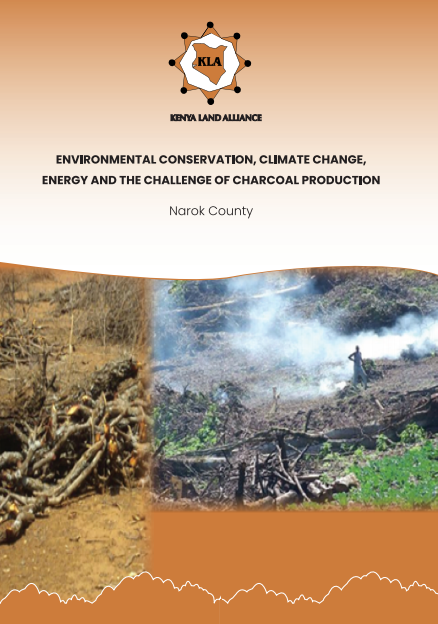How Should the ‘Ndung’u’ Report Recommendations be Implemented? - What Kenyans Say.
The report of the Presidential Commission of Inquiry into the Illegal/Irregular Allocation of Public Land is finally out! Popularly known as the ‘Ndung’u’ Report, the publication of this three-volume document is important to the Kenya Land Alliance for two major reasons. Firstly, the appointment of the Coordinator of the Kenya Land Alliance to the Commission marked a threshold in the relations between KLA and the Government of Kenya.




